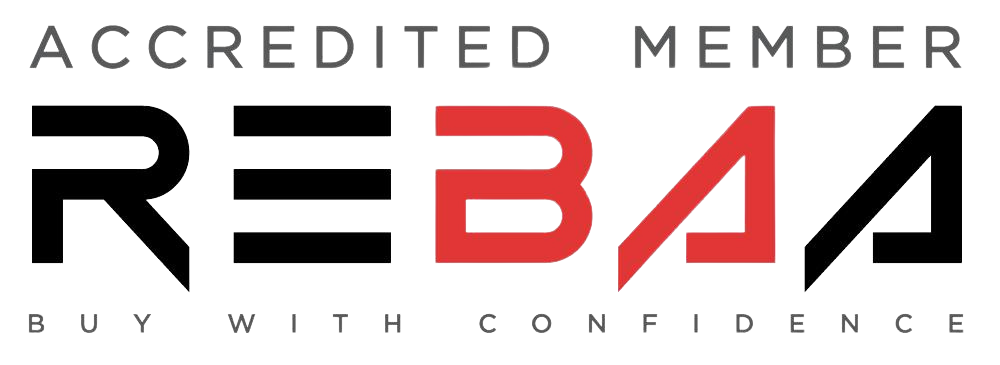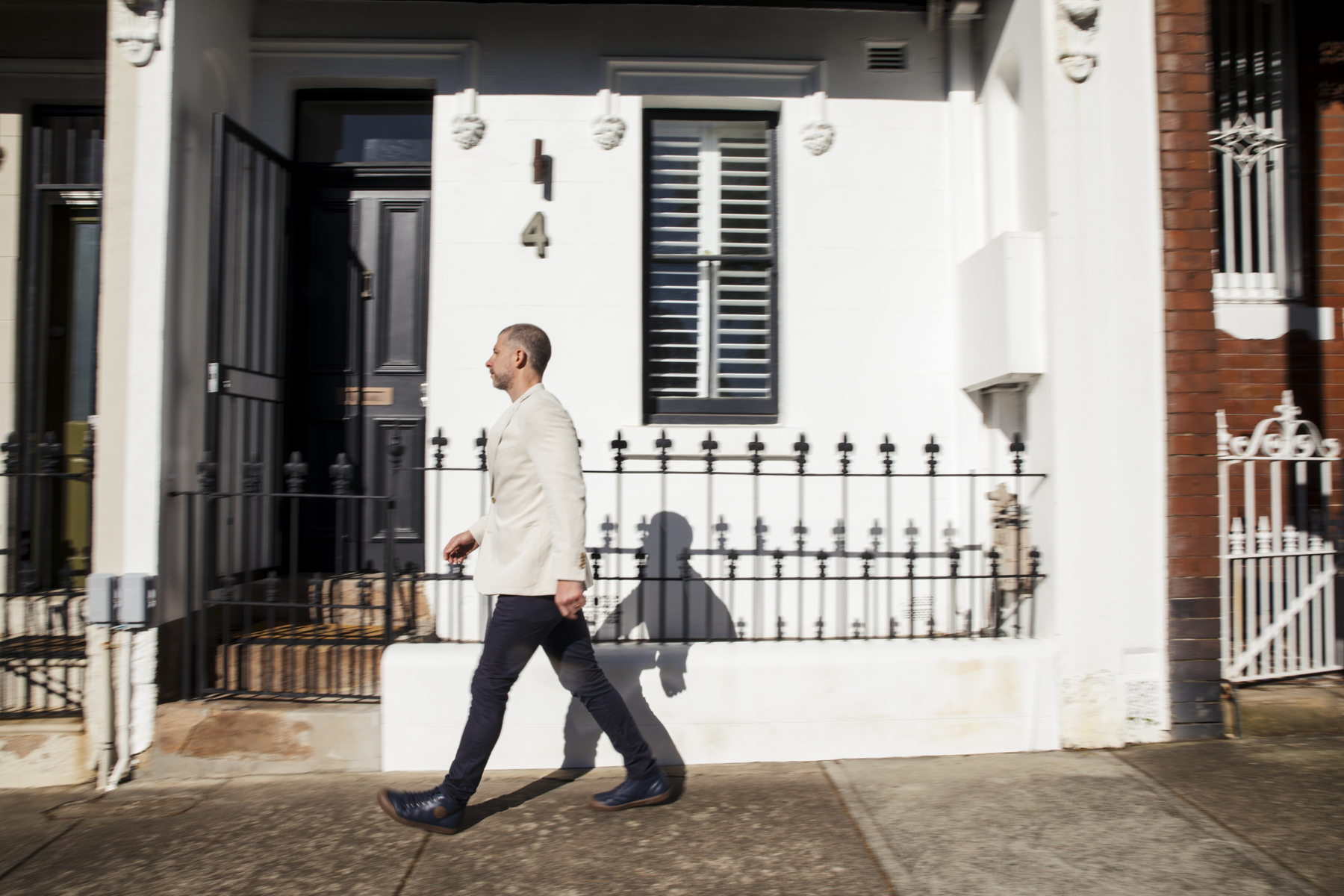There’s are plenty of options for a property investor looking for their first or next purchase however not all properties are created equal.
Had you purchased property in a capital city during the golden era of property capital growth (late ‘70s to today) chances are you’ve enjoyed strong capital growth. However with rising prices pushing property acquisition to many multiples of real average income and a low interest rate environment driving down yield, it is much harder to find those gems which offer the holy grail of good rental return and strong capital growth.
You’ll need to do some homework and think creatively to get a better than average return.
Here is some food for thought to get you started.
Look for the easy wins.
When inspecting properties be on the look out for quick and inexpensive solutions to add value. Dark rooms can often be improved with skylights. If you don’t have access to go through the ceiling/roof there are very good imitation skylights on the market these days.
Old carpets can be stripped back to floor boards.
A lick of neutral coloured paint, new cupboard handles and veneer, some modern light fittings are all quick fixes that can greatly improve rentability.
Pay particular attention to kitchens and bathrooms which is where you can realise the most value of improvement.
Location location.
Being close to shops, transport parks beaches and schools is a given. Going the extra mile to investigate changes in local and state government policy and planning can help you to uncover suburbs and streets poised for future growth can pay off too. A major initiative such as light rail or metro are easier to research however the announcement of a new or varied bus route can be just as effective at adding value.
Other changes which can add value are the arrival of larger or popular retailers to the area, zoning changes which can sanction new amenities and increase building height limits, even the introduction of new local markets can have an impact on property values.
Look for the land
Having the most land you can afford doesn’t just apply to houses, but to apartments also. A small older apartment block on a larger parcel of land has upside for future development. This leaves the possibility for yourself and other owners band together in the future to make additions and improvements which add significant value, or you could earn a windfall selling in one line to a developer.
Remodelling and Modifying
Character buildings are often charming which can increase rental income. Conversely there are likely to be restrictions on modifying or developing in the future. This could also apply to something as simple as an attic conversion or adding a floor or extension. It’s always good to check restrictions including the heritage register and overlays to ensure you or a prospective purchaser in the future can capitalise on the land and building.
Look for opportunities to convert one bedroom properties into two, or two bedrooms into three by moving walls or going up into the attic. This can often be a relatively inexpensive exercise and there are a number of companies that specialise in this type of remodelling. You can also convert garages into work studios or airBnb accommodation and bring common areas onto your title. You’ll be surprised how receptive a cash strapped Owners Corporation may be to your purchasing a car space or common garden.
Keep replacement cost in mind
It’s common to look for a property with low maintenance costs and whilst choosing a property without lifts, pools and expensive common area facilities makes sense, the age of the building could negate the attractiveness of low strata fees.
Properties on the seaboard face exposure related issues. Older art deco buildings suffer less than their more modern counterparts which are prone to damp and concrete cancer however no buildings last forever and it is important to consider what the lifespan of your property will be especially if you are in a maritime environment. Often strata levies and Owners Corporation balance sheets are often not sufficient to cover major works which can mean special levies running into the tens of thousands of dollars when a situation arises.
Company Title- there’s upside
There’s a stigma attached to company titled property and not without reason- historically it has been more challenging to access the equity in a company titled investment, and more problematic to sell. However buying into a small company title building you may find it easier to collaborate with other owners (shareholders) to make larger improvements which could significantly add value. There is also the opportunity to convert to strata title at a later time which often sees an uplift in value.
Boarding House & Share Accommodation
The concept of converting to dual occupancy is well known. Perhaps lesser known is the growing trend to convert a multi room dwelling to a boarding house or share accommodation occupied by up to as many as twelve tenants, taking advantage of ‘new generation boarding house’ legislation. There are a number of factors to consider here but it may be the case that some low cost modifications can see your property rented out to multiple individual tenants for a higher yield. This may be a strategy to consider if you are favourable to locations close to Uni’s and hospitals, with a high proportion demographic of young single renters.
In conclusion thinking about the possibilities for current and future upside when looking for investment property can help you to see opportunities that others cant- and ultimately get an advantage and better return.



